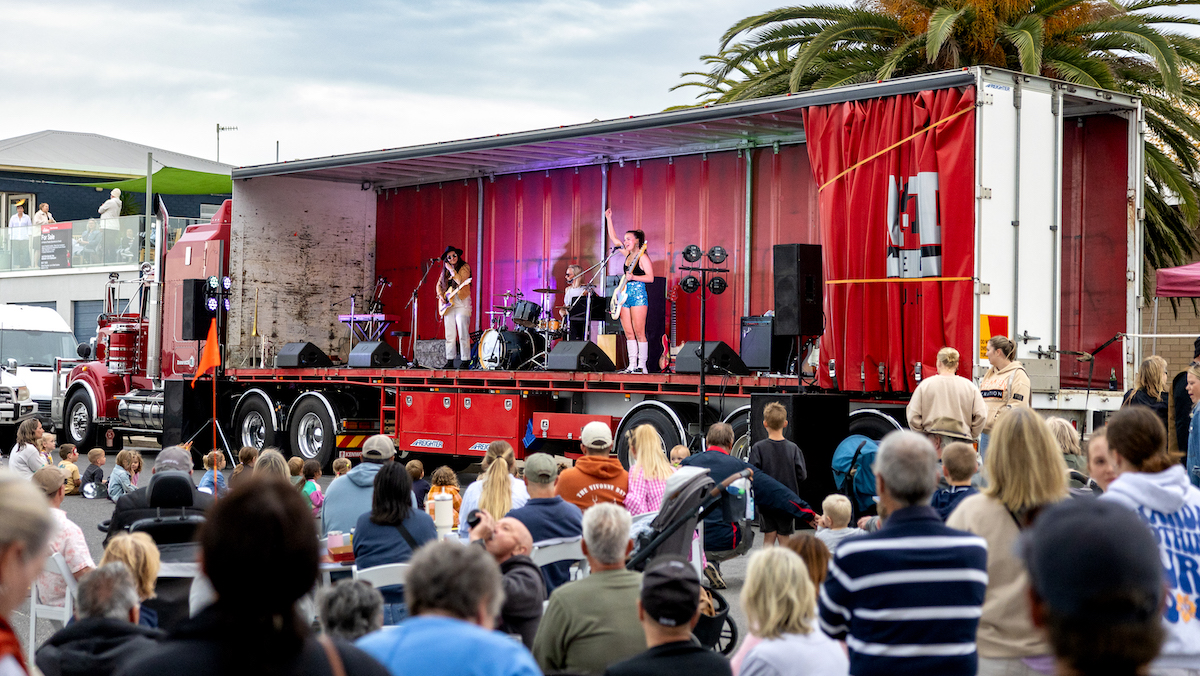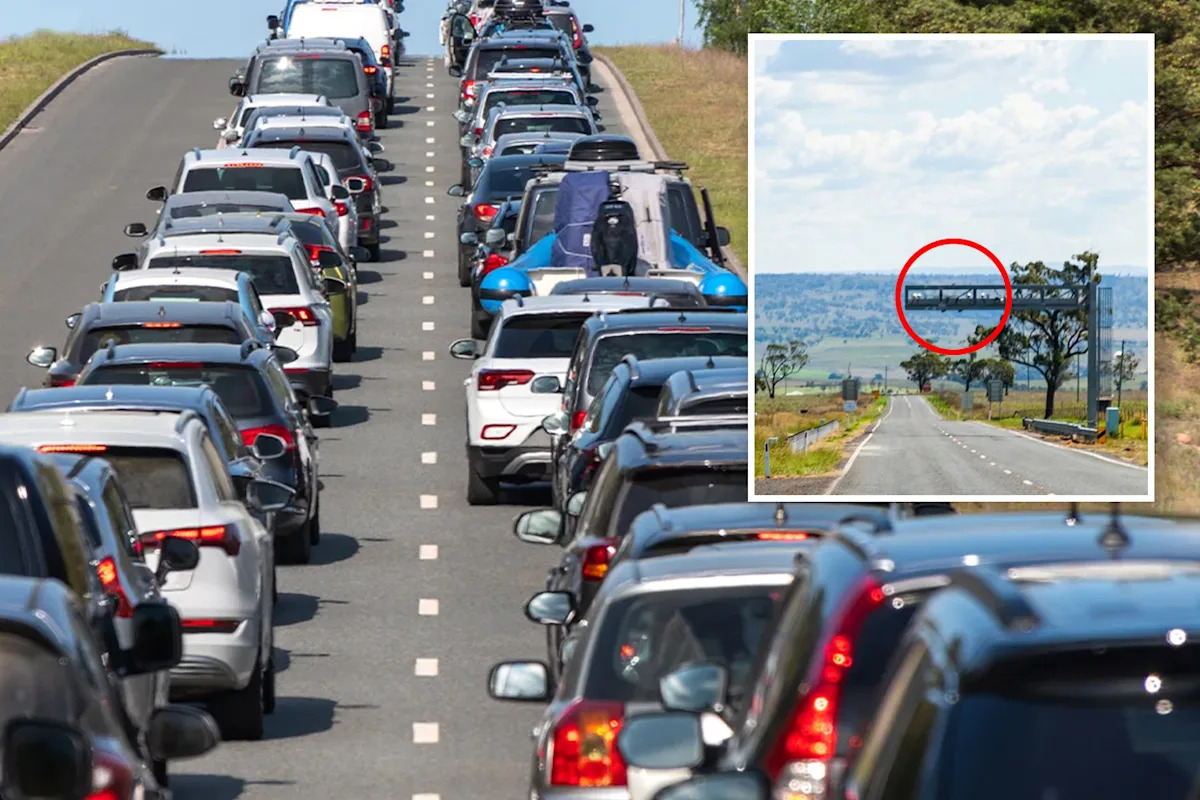
Protesters carrying signs that read “Our land is not for sale” broke through security at the United Nations climate talks in Brazil, resulting in a tense standoff. The UN reported that two security workers sustained minor injuries during the incident.
The clash occurred at the COP30 climate summit venue in Belem, a city in the Amazon, where thousands of delegates from around the world have gathered. The demonstrators, demanding stronger climate action and forest protection, forced their way into the venue, confronting security guards at the entrance.
Protesters Demand Action
Shouting angrily, the protesters demanded access to the compound. Some waved flags with slogans calling for land rights, while others carried signs declaring, “Our land is not for sale.” Security guards responded by pushing the protesters back, using tables to barricade the entrance, and confiscating several long, heavy sticks.
The protesters, part of a larger group of hundreds that marched to the venue, dispersed shortly after the clash. Security guards later allowed delegates to exit the venue, having previously asked them to remain inside until the area was cleared. The UN, responsible for security within the compound, confirmed the breach.
“Earlier this evening, a group of protesters breached security barriers at the main entrance to the COP, causing minor injuries to two security staff, and minor damage to the venue,” a UN spokesperson stated.
Security and Investigations
Brazilian and UN authorities are currently investigating the incident. The UN spokesperson emphasized that Brazilian and UN security personnel took protective actions to secure the venue, following all established security protocols. The venue is now fully secured, and COP negotiations continue without interruption.
This development follows Brazilian President Luiz Inácio Lula da Silva’s emphasis on the importance of Indigenous communities in this year’s COP30 negotiations. Earlier this week, dozens of Indigenous leaders arrived by boat to participate in the talks, seeking a greater say in how forests are managed.
Indigenous Voices at the Forefront
The presence of Indigenous leaders at the summit underscores the critical role they play in climate discussions. These communities often bear the brunt of environmental degradation and are advocating for policies that protect their lands and way of life.
Experts argue that Indigenous knowledge and stewardship are vital to effective forest management and climate action. The Amazon, often referred to as the “lungs of the planet,” is a crucial carbon sink, and its preservation is essential to global climate goals.
By the Numbers: The Amazon rainforest covers approximately 5.5 million square kilometers and is home to an estimated 390 billion individual trees.
Looking Ahead
The incident at COP30 highlights the ongoing tensions between environmental activists and global policymakers. As the world grapples with the urgent need for climate action, such protests serve as a reminder of the voices demanding to be heard.
With the summit continuing, all eyes are on the negotiations and the commitments that will emerge. The outcome of COP30 could have significant implications for international climate policy and the future of the Amazon.
As Brazilian and UN authorities conduct their investigations, the focus remains on ensuring the safety and security of all participants while addressing the pressing issues at hand.







